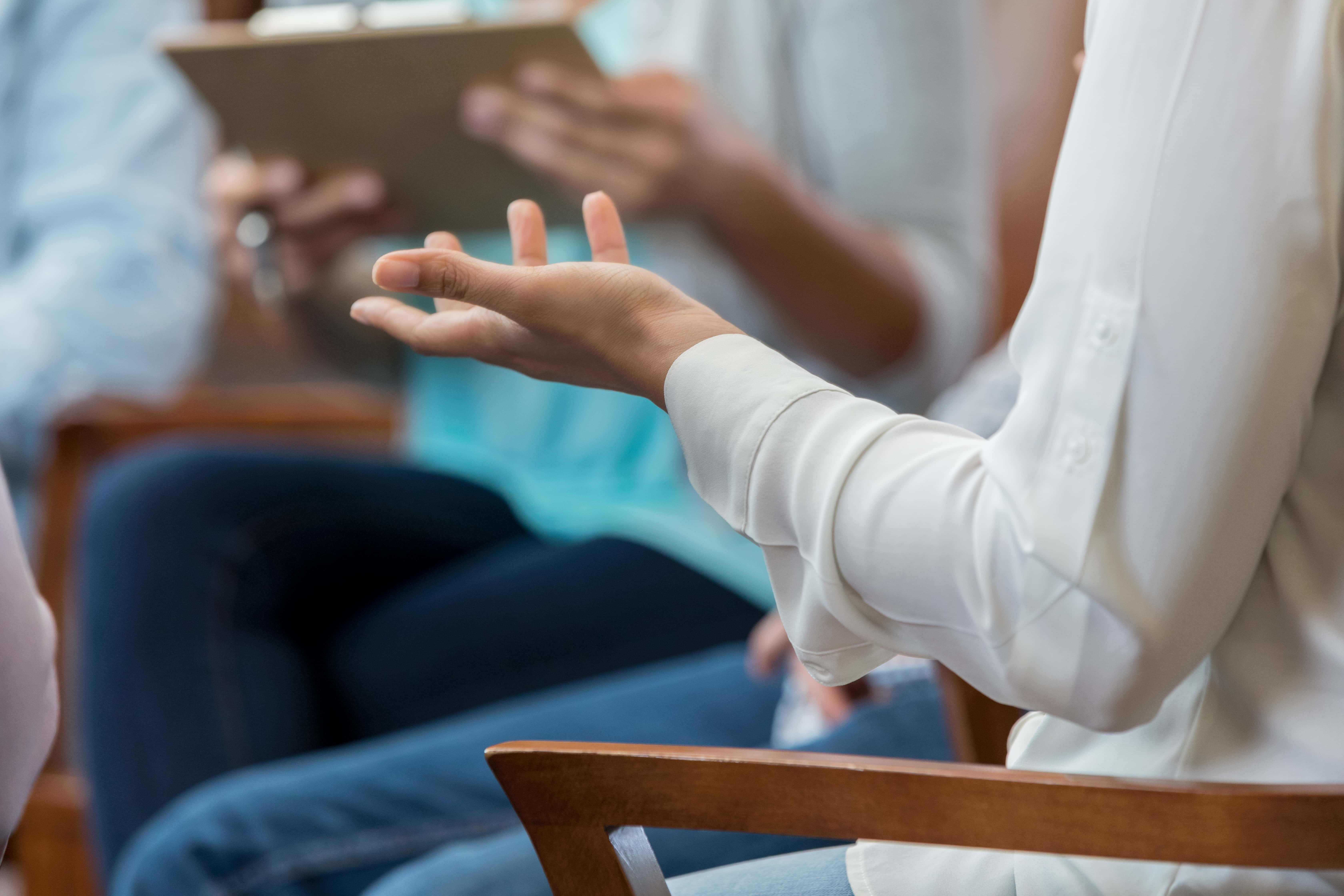Coronavirus: Divorce rates in US could see spike if couples are forced to stay indoors for long, warn experts

The new coronavirus is forcing people indoors, thanks to quarantines and lockdowns. The experience could turn unpleasant for Americans couples as experts expect to see a spike in divorce rates in the country.
China was the first to impose lockdowns. As it began easing the restrictions, the country recorded an unprecedented rise in divorce rates. According to a Chinese tabloid, Global Times, officials observed a spike in divorce appointments in Xi’an, the capital of Shaanxi Province, where more than ten million people were locked down. One official holds quarantines responsible for the rise.
"I think we might see similar trends here in the US," Dr Patricia A Thomas who researches on social relationships and health at Purdue University told MEA WorldWide (MEAWW).
But controlled measures such as quarantines and social distancing are important to beat the growing COVID-19 threat. After implementing them, China has not recorded new cases on its soils. There are downsides to quarantines. From anxiety, depression, and Post-traumatic Stress Disorder (PTSD) to marital conflicts, the consequences of quarantines are overarching.

Why do quarantines drive marital conflicts?
"Being in close contact for long periods test everybody's patience," Dr Robin Gurwitch, psychologist and professor at Duke University Medical Center, told MEAWW.
Stress, according to Dr Thomas, places a lot of strain on relationships. Stress can arise from reduced social and physical contact with others, according to a study. Not participating in usual day-to-day activities, such as shopping for necessities or taking part in social networking activities via the telephone or internet can also add to the frustration.
"The stress and anxiety regarding the virus itself, the financial implications for families, possibly the stress of taking care of children at home all day long, and potentially getting on each other's nerves while being cooped up in the home, can all take a toll on relationships," explains Dr Thomas.
Giving an example, Lawrence Birnbach, a psychoanalyst who practices in Connecticut, says a married couple, who are self-quarantining together, reached out to him after having trouble in their relationship. “They’ve been arguing more than usual because one person doesn’t take precautions exactly the way the other one wants them to. You didn’t wash your hands long enough. You took the subway. Don’t you care about me?" he told the New Yorker.
There are both positive and negative consequences of long quarantines. "I guess that relationships with a strong foundation will survive and may even flourish, whereas those characterized by poor negotiation skills, destructive communication and lack of appreciation are more likely to buckle under the stress," Dr David Cates, director of behavioral health at the University of Nebraska Medical Center, told Newsweek.

What can you do?
"They [couples] should also recognize that worry, fear, stress, and guilt are expected and normal reactions during quarantine and not criticize one another for expressing these feelings," Dr Cates told NewsWeek.
Talking to therapists helps. Many therapists, says Dr Thomas, are setting up ways to help people through online counseling, which could help couples navigate these difficult times.
To boost positive interactions, an American psychological researcher, and clinician named Dr John Gottman says couples should show interest and appreciation, and express affection and empathy. According to Dr Gurwitch, finding "Me Time" during quarantines is important. For instance, people can engage in solo activities such as playing a video game, reading a book, taking a nap, working, journaling and art.
Finding healthy coping mechanisms for stress can be a useful tool for relationships, explains Dr Thomas. In places that encourage social distancing, people could step outside for a walk.
She adds: "It's good to remember that at this point the recommendations suggest that if you can stay six feet away from other people, going outside to take a walk might be a nice, healthy way to cope with stress."